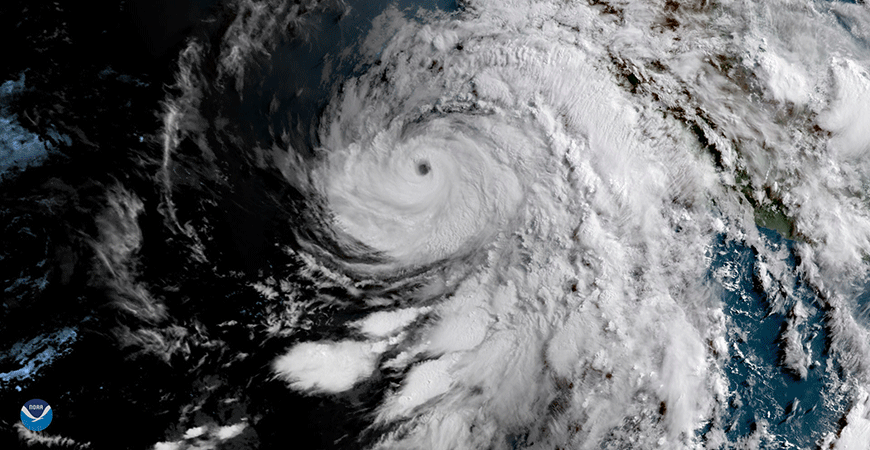With careful planning and a little luck, researchers found a surprising upside to hurricanes after a Category 4 storm disrupted their expedition off the coast of Mexico.
The team was able to sample the ocean right after the storm passed and found that the storms churn the ocean so powerfully and...





